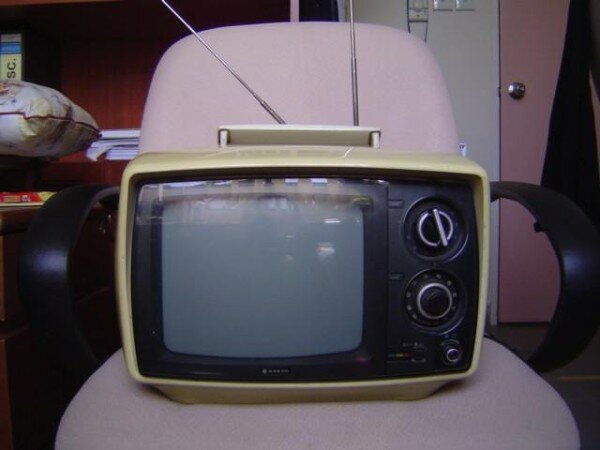
CC image courtesy of Hana Kirana
With the October 30, 2013, deadline for East Africa’s switch from analogue to digital broadcasting draws near, there are fresh and genuine concerns that Kenya may not meet the latest target.
The Kenyan government remains at loggerheads with the Consumer Federation of Kenya (COFEK) over policy issues that outlines the framework that will spearhead the analogue switch-off.
The in fighting has significantly derailed Kenya’s pace to realise digital broadcasting resulting in the CCK and the ICT Ministry focusing on legal matters instead of holding regular public dialogue in parts of the country and creating awareness on the digital migration.
Earlier this week COFEK distanced itself from government’s plan to switch off analogue television signals in Nairobi by October terming the move unfair to the majority of consumers who are yet to own digital set-top boxes.
COFEK is of the view that the proposed analogue switch off date has no indications that the set-top boxes will retail at a price lower than KSh5,000 (US$57) – a price out of reach to many – saying the National Treasury still pushes around the controversial VAT Bill 2013 and that the government is unlikely to subsidise the gadgets.
The lobby group insists that the digital migration arrangement with the government was for it to spearhead negotiations on the country’s stalled process, convene and chair a nine-member stakeholder forum to negotiate a new digital migration timeline and framework with the government-led Digital Television Committee (DTC).
However in what has been seen as a game of “your word against mine” the government and the CCK come out denying ever entering an agreement with COFEK.
Cabinet secretary ICT Fred Matiangi said: “How do you make a deal with an individual on public policy? Everyone is a consumer, it is false for COFEK to move around claiming we had a deal. How can we have a deal on public policies?”
Tanzania’s Telecommunications Regulatory Authority (TCRA) has already switched off its analogue signal and migrated to digital terrestrial television broadcasting, making it the first East African country to move to the platform two years earlier than the International Telecommunication Union (ITU) deadline of June 17, 2015.
Uganda also is set to switch on its digital signal after the Uganda Communication Commission (UCC) announced that its digital signal is being tested at the Kololo Transmission Summit after the process of installing equipment ended last month.
With Kenya regarded as the bigger economy in East and central Africa the push and pull between government and the consumer’s lobby portrays the countries infamous bureaucracy in handling its matters.
The in-fight is considered as missing the bigger picture in providing Kenyans with better services in television broadcasting.
With the national broadband strategy being launched this week many Kenyans are of the view that despite it being a very noble strategy it risks to follow in the same route as the digital migration considering most of Kenya government initiatives are regarded white elephant projects that are spectacular in paper but end up dusting in government shelves.
Many Kenyans still lack much awareness in digital migration.CCK and the government ought to do more technology standardization, spectrum plans and business and consumer preparations. With Nairobi hosting one of the biggest slum in the world and most of its population living under a dollar a day the migration is still far fetched.
The government ought to have by now have given a standard price and cushion Kenyans through subsidising the prizes of the set top boxes. In my view Kenya will still not make the October 31 deadline.


















